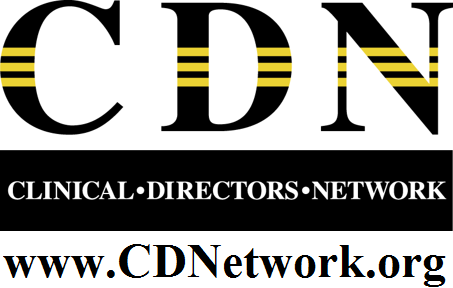Dissemination and Implementation Research (DIR)/Implementation Science (IS)
Dissemination and Implementation Science: What is it and Why is it Critical to Translational Science?
Speakers:
Enola Proctor, PhD, MSW
Director, Center for Dissemination and Implementation at the Institute for Public Health; Director, Center for Mental Health Services Research and Shanti K. Khindka Distinguished Professor at the Brown School
Stephen Bartels, MD, MS
Professor of Geriatrics, and Professor of Psychiatry, Community & Family Medicine, and of Health Policy at The Dartmouth Institute
Laura-Mae Baldwin, MD, MPH (Moderator)
Professor, Department of Family Medicine, Director, Community Engagement, Institute of Translational Health Sciences, University of Washington
Learning Objectives:
1. Know what dissemination, implementation, implementation science, and dissemination science are
2. Understand the features of Dissemination and Implementation (D&I) research studies, and what makes D&I research studies different from usual clinical trials
3. Be able to identify funding sources for D&I research
Sponsored by:
This webcast was supported in part by CDN’s N2-PBRN, which is an AHRQ-designated Center of Excellence (P30) for Primary Care Practice-based Research and Learning (AHRQ Grant # 1P30-HS-021667). Additional support for today’s webcast was provided by The Rockefeller University Center for Clinical and Translational Science (CCTS), which is supported in part by the Clinical and Translational Science Award (CTSA) of the NIH National Center for Advancing Translational Sciences (NCATS Grant # 8 UL1 TR000043).
Slideset –
Dissemination and Reporting of Research Findings- A Community Health Center Engaged Process
Speakers:
Jonathan N. Tobin, PhD
President/CEO, Clinical Directors Network Inc. (CDN), Co-Director, Community Engaged Research, The Rockefeller University, Center for Clinical and Translational Science, Professor, Department of Epidemiology & Population Health, Albert Einstein College of Medicine/Montefiore Medical Center
Rhonda Kost, MD
Director, Clinical Research Support Office, Co-Director, Community Engaged Research Associate Professor of Clinical Investigation, The Rockefeller University Center for Clinical and Translational Science
Shirish Balachandra, MD
General Family Medicine, New York, NY
Maria Pardos, MD PhD
The Laboratory of Microbiology and Infectious Diseases, The Rockefeller University, New York, NY
Learning Objectives:
This session aims to capture a real-world example of a collaborative, community-engaged research partnership. We hope that viewers are able to use these examples as a model in developing their own Community-Based Participatory Research (CPBR) projects. The featured CBPR Project is entitled “Establishing a Community-Associated Methicillin-Resistant Staphylococcus aureus (CA-MRSA) Surveillance Network”, funded by: The Rockefeller University Center for Clinical and Translational Science (CCTS); Pilot Grant and Administrative Supplement (NIH-NCATS Grant # 8-UL1-TR000043). This project is a collaboration between the Rockefeller University, multiple Community Health Centers (Urban health Plan, Manhattan Physicians Group 125th Street, Open Door Family Health Center, Hudson River Health Care, Brookdale Family Care Center, and Manhattan Physicians Group 95th Street), and multiple Practice Based Research Networks (Alliance of Chicago, Clinical Directors Network, Inc. of New York City and STAR-NET, San Antonio Texas). All members are engaged and participate onsite or virtually. This session provides an example of the collaborative discussion of dissemination strategies needed to disseminate findings of this CBPR project. Dissemination strategies focus on reaching professionals as well as community members. Strategies are discussed, including abstracts and papers and presentations at academic meetings. The CHC team-members are actively involved in this process: they discuss abstracts they have presented and will present at national and local conferences related to the project and brainstorm future dissemination opportunities including live and virtual webcast presentations.
Sponsored by:
Clinical and Translational Science Institute at Children’s National A Partnership with The George Washington University (CTSI), National Association of Community Health Centers (NACHC), Clinical Directors Network (CDN), AAPCHO.
